French To Wear Masks In Workplaces As Other Countries Tighten Curbs
The French government warned on Tuesday that mask-wearing would soon be compulsory in all workplaces to keep the coronavirus under control, as countries across the world ramped up localised restrictions on nightlife and socialising.
South Korea's capital Seoul was the latest region to shut nightclubs and some types of restaurants and ban large gatherings, following similar moves in parts of Spain and Italy.
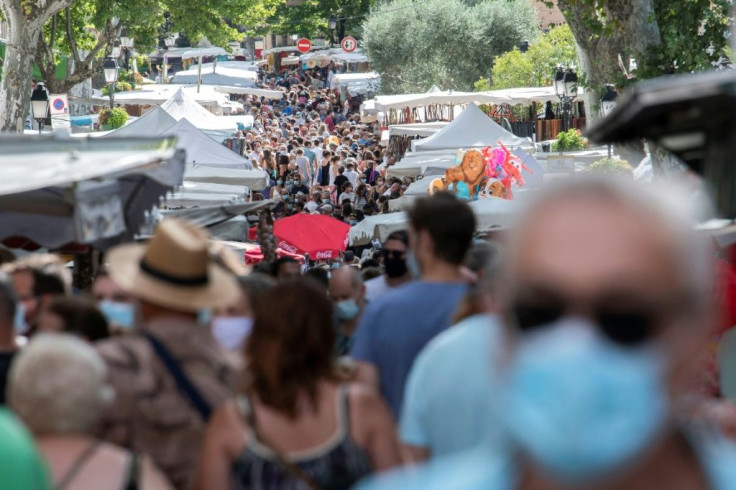
The Seoul cluster of a few hundred cases sprang up among a congregation of a Protestant church, but health official Kwon Jun-wook warned: "If the spread cannot be contained this week, daily life in the entire country may have to stop."
The World Health Organization said an uptick in Asia-Pacific countries was being driven by the under-50s, many of whom show mild or no COVID-19 symptoms.
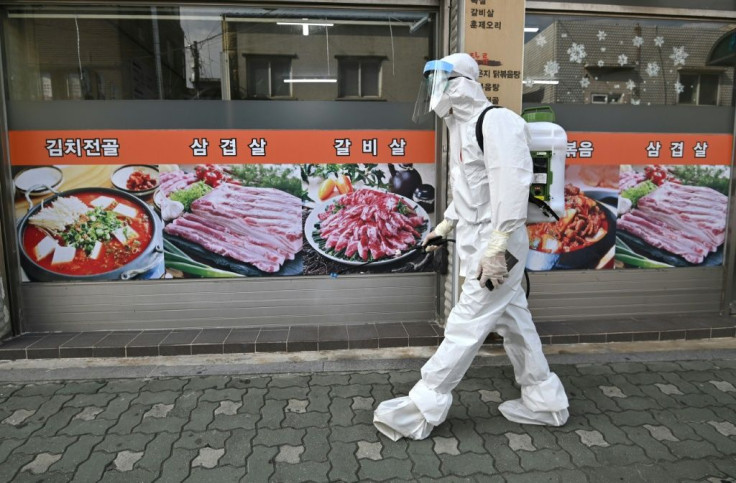
"What we are observing is not simply a resurgence," the WHO's Western Pacific regional director Takeshi Kasai said.
"I believe it's a signal that we've entered a new phase of the pandemic in the Asia-Pacific."
He warned that younger virus carriers could still pass on the disease -- which has now infected almost 22 million worldwide and killed almost 775,000 -- to older and more vulnerable people.
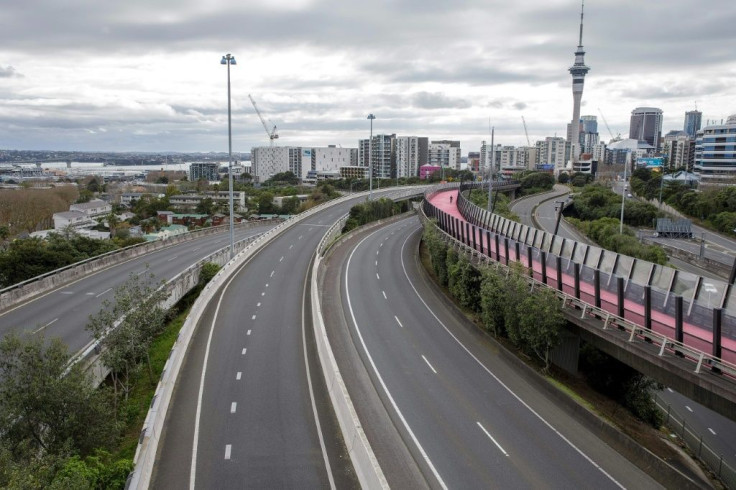

France's mask warning comes off the back of a recent rise in cases -- also believed to be driven by young people.
"We have to systemise mask-wearing in all closed or shared workspaces," work minister Elisabeth Borne told AFP on Tuesday, suggesting that meeting rooms, corridors, change rooms and open-plan offices would all be included.
Health officials were taking into account the risk of spreading the virus through tiny particles breathed out by sufferers, she said.
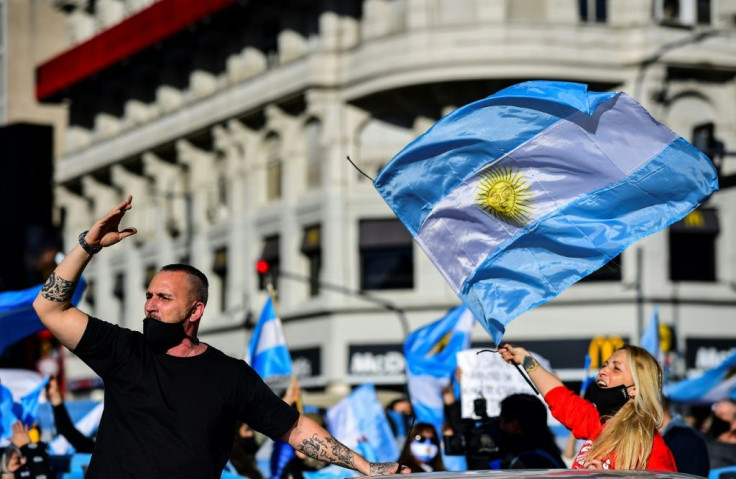
Underlining the hazards in all walks of life, the first game of France's top-flight football season has been postponed.
The match between Marseille and Saint Etienne, scheduled for Friday, was called off after a spate of positive tests at Marseille.
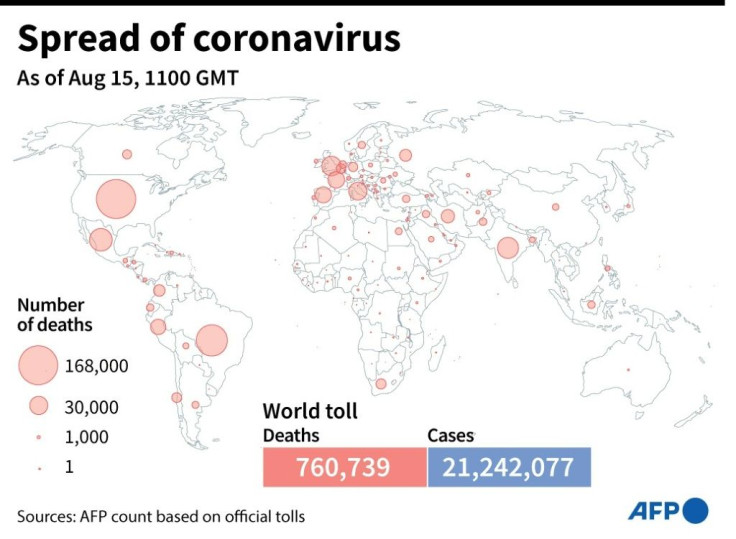
At least 37 Ligue 1 players from 11 clubs have tested positive for COVID-19 in recent weeks.
Russia's energy minister became the latest senior government official to contract the virus. Alexander Novak tested positive after arriving at a town near the Chinese border to open a petrochemical project.
"He arrived and he has left for Moscow. With all our hearts, we wish him a recovery," said Prime Minister Mikhail Mishustin, who himself was diagnosed with the virus in April but has since recovered.
Political and economic tensions caused by the virus continued to reverberate on Tuesday, with the United States and New Zealand embroiled in a row after US President Donald Trump labelled an outbreak in Auckland a "huge surge" his country should avoid.
New Zealand's Prime Minister Jacinda Ardern said Trump was "patently wrong", adding: "Anyone who is following will quite easily see that New Zealand's nine cases in a day does not compare to the United States' tens of thousands."
The pandemic and drastic lockdowns imposed to stall its spread have combined to put millions out of work and sparked recessions across the world.
Marks and Spencer, a British food and clothes retailer, was the latest to feel the pain, saying on Tuesday that roughly 7,000 of its staff would lose their jobs as the outbreak pushes more customers to shop online.
Economic hardships associated with containment measures have long sparked anger, with people in many countries rallying against further shutdowns and even disputing the idea of wearing masks and practising social distancing.
Argentina was the latest country to be hit by protests, thousands of opposition supporters chanting for "freedom" in the face of a government plan to expand containment measures in the capital Buenos Aires -- home to 90 percent of the country's growing caseload.
The rising frustration further underlines the importance of developing a vaccine, with a handful of potential drugs in the final stages of clinical trials and expected to become available by the end of the year if found to be effective.
Australia announced it had agreed to buy enough doses of one such vaccine -- being developed in Britain by pharmaceutical giant AstraZeneca -- to cover its entire population.
© Copyright AFP 2024. All rights reserved.





















